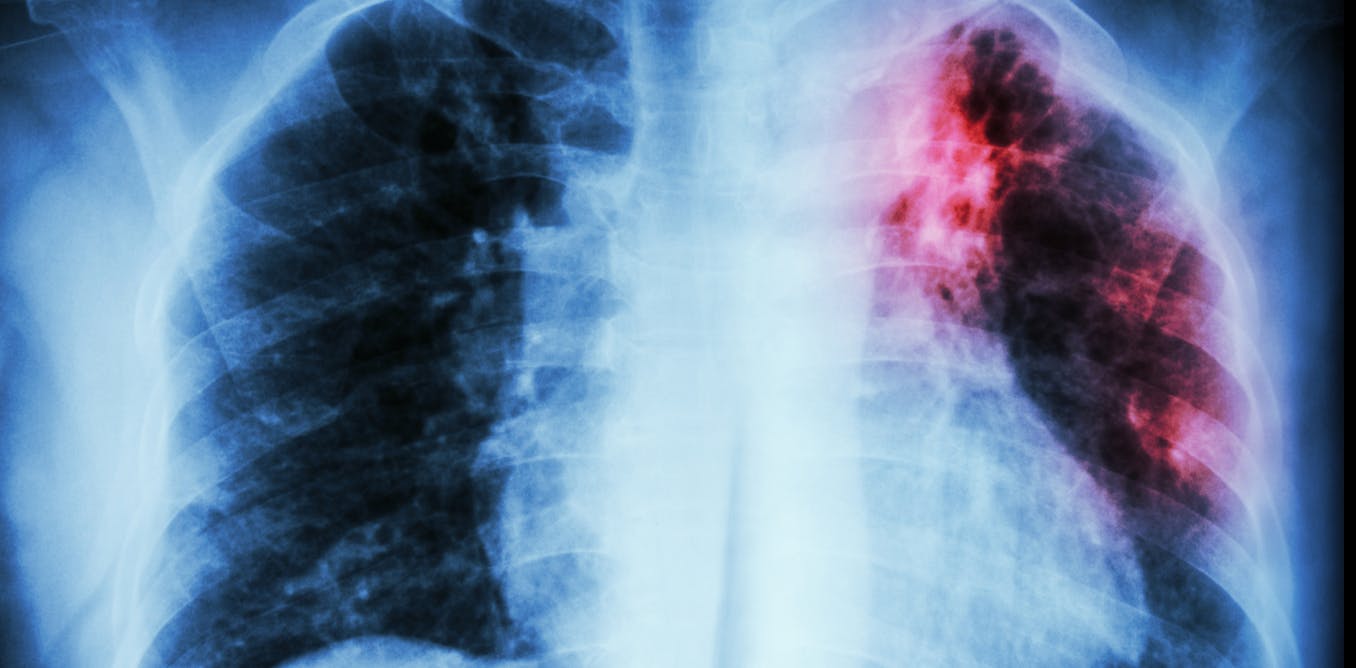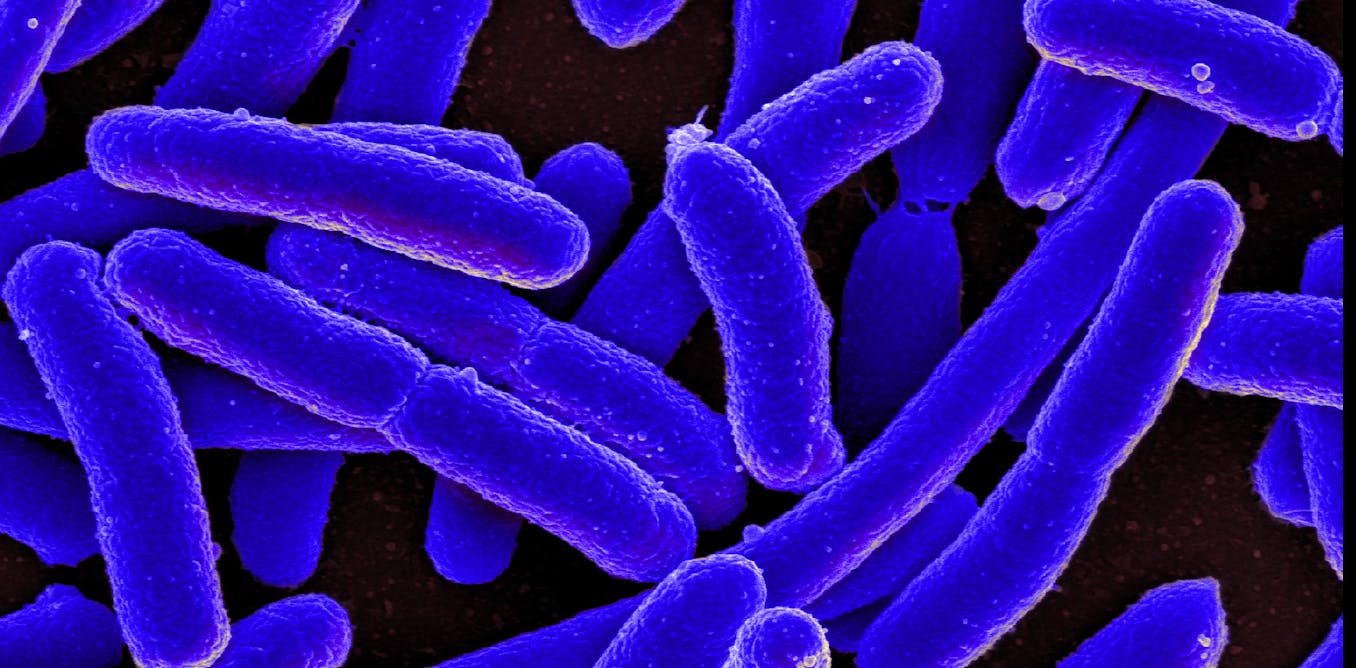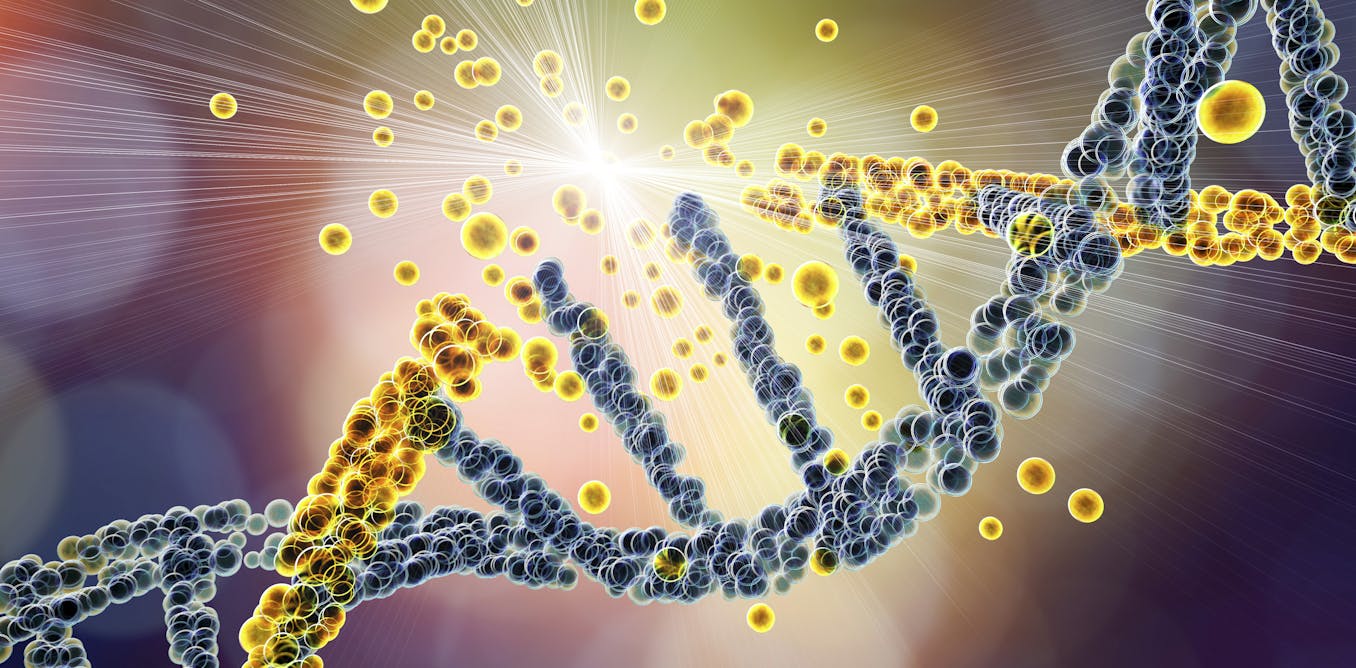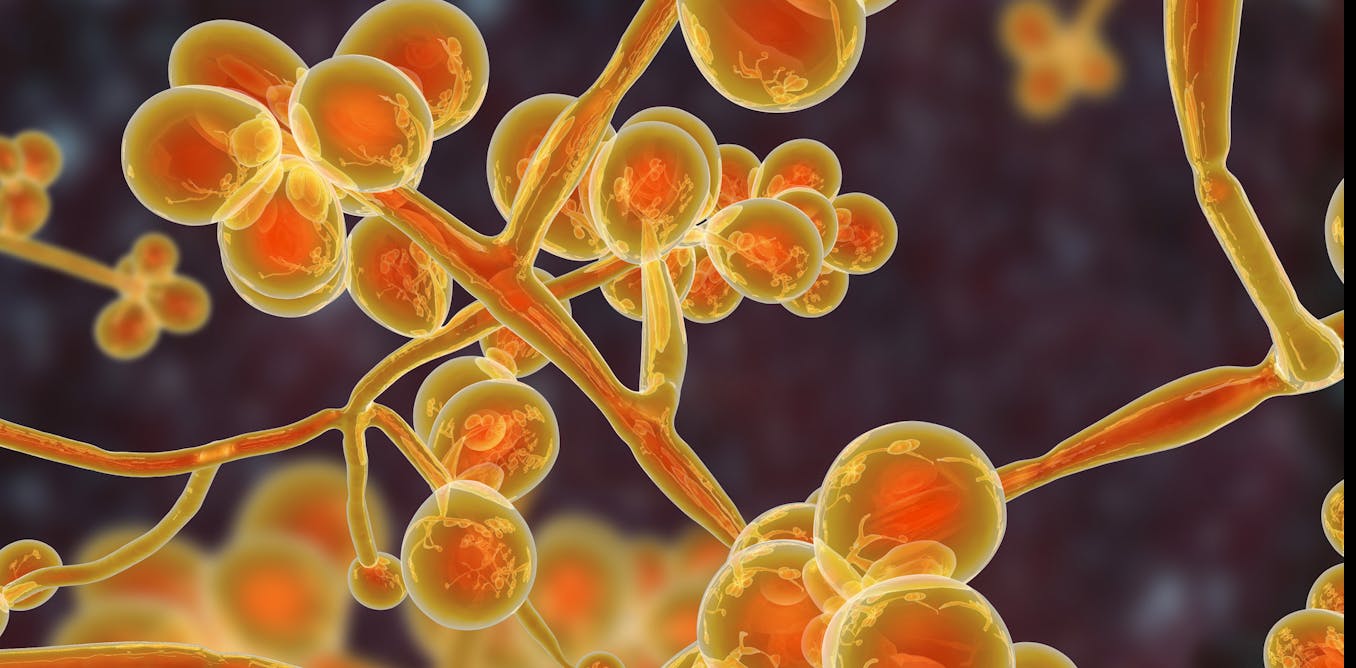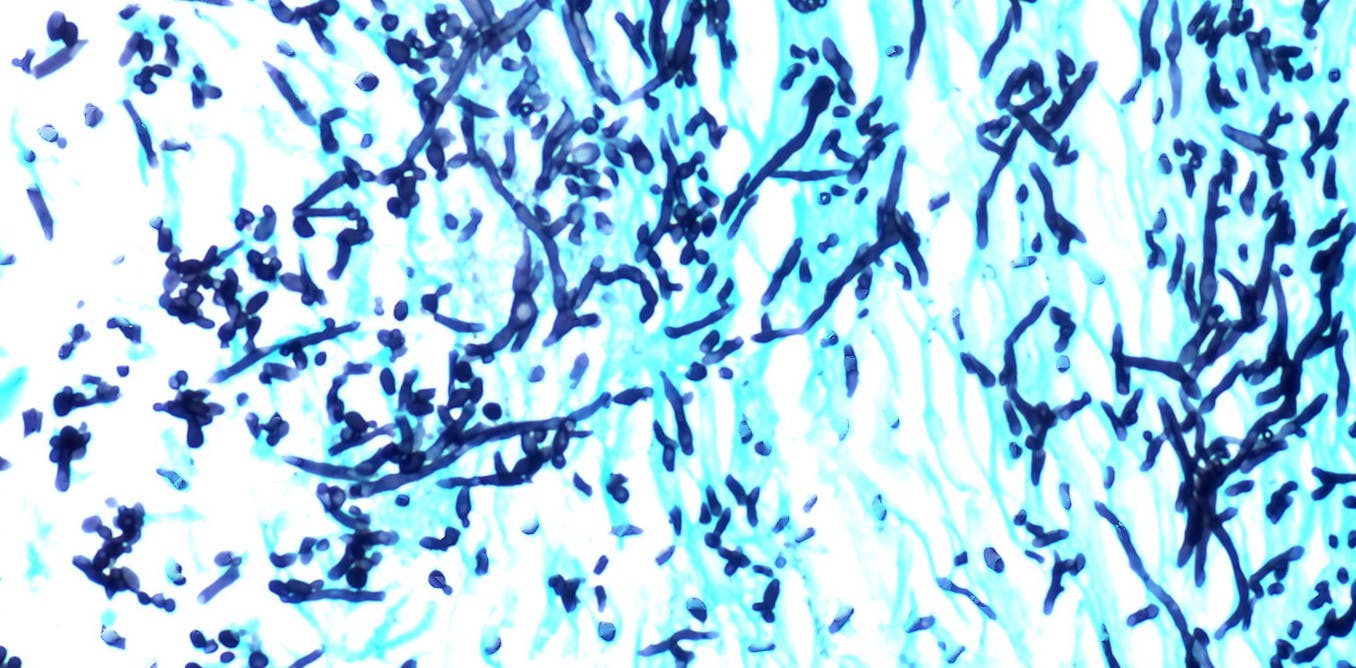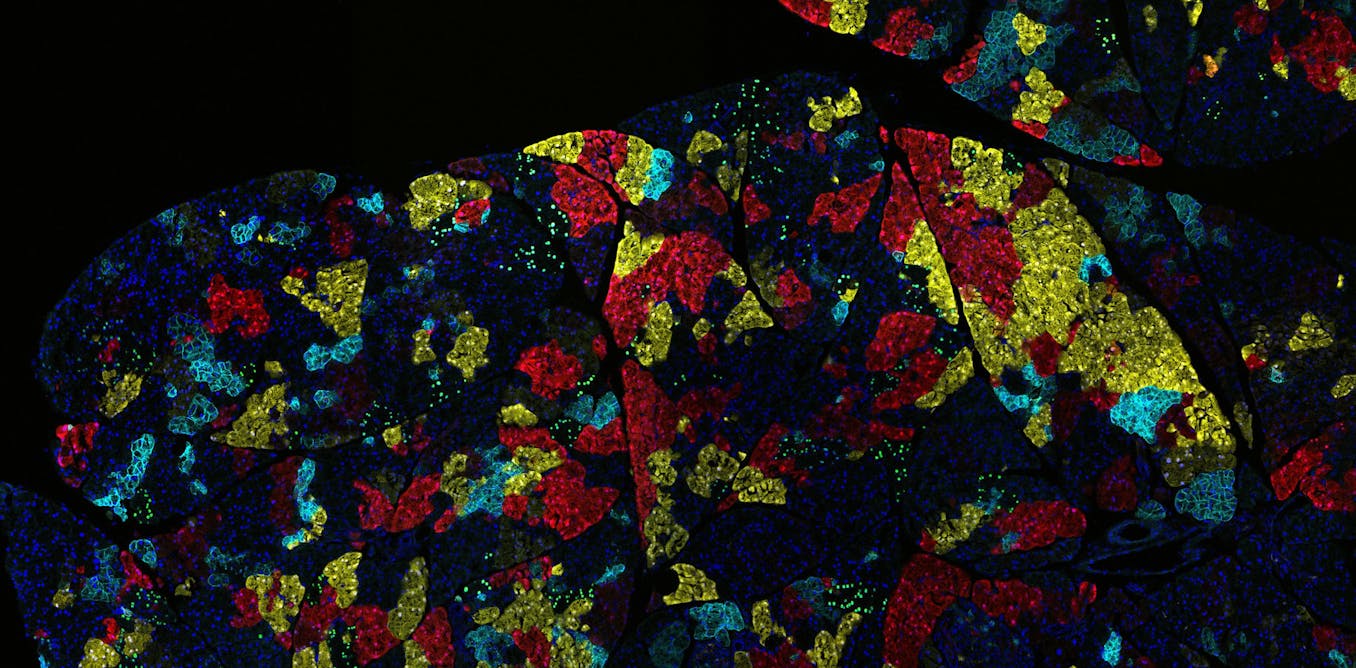AI can help predict whether a patient will respond to specific tuberculosis treatments, paving way for personalized care
People have been battling tuberculosis for thousands of years, and drug-resistant strains are on the rise. Analyzing large datasets with AI can help humanity gain a crucial edge over the disease.
March 20, 2024 • ~6 min

